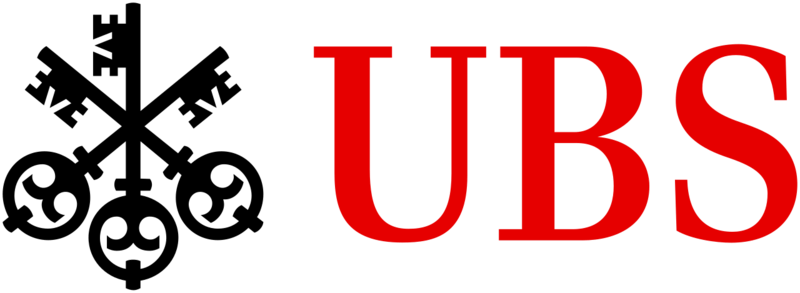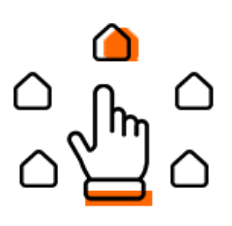Mortgage insurance is a crucial yet often misunderstood component of the home financing process. Whether you’re purchasing your first home or refinancing an existing mortgage, understanding mortgage insurance—especially within the Swiss context—can make a significant difference in your financial planning. This guide will provide an in-depth analysis of mortgage insurance, covering everything from basic definitions to Swiss-specific considerations, helping you make informed decisions tailored to your needs.

What is Mortgage Insurance?
Mortgage insurance is designed to protect lenders in case borrowers default on their mortgage payments. This insurance is typically required when a borrower has a down payment that is less than 20% of the home’s purchase price. It ensures that the lender is compensated for the increased risk associated with smaller down payments.
Types of Mortgage Insurance
- Private Mortgage Insurance (PMI): Common in the U.S., PMI is usually required for conventional loans with less than 20% down payment. It is paid by the borrower and protects the lender.
- Federal Housing Administration (FHA) Insurance: This U.S.-specific insurance is provided by the FHA and is required for FHA loans. It includes both upfront and annual premiums.
- Mortgage Insurance Premium (MIP): Also in the U.S., this is specific to FHA loans and includes an upfront premium and monthly payments.
- Mortgage Protection Insurance (MPI): MPI covers the borrower’s mortgage payments in case of job loss, illness, or death. It is more about protecting the borrower rather than the lender.
How Does Mortgage Insurance Work?
Mortgage insurance premiums are calculated based on the loan amount and down payment. For instance, with PMI, the cost typically ranges from 0.3% to 1.5% of the original loan amount per year. This premium is usually added to the monthly mortgage payment.
Mortgage Insurance in Switzerland
In Switzerland, the mortgage insurance landscape is quite distinct from other countries. Here’s a detailed overview of how mortgage insurance works in the Swiss context:
Swiss Mortgage Insurance Overview
- Swiss Mortgage Insurance: In Switzerland, mortgage insurance is often referred to as “Hypothekarversicherung” or “Hypo-Versicherung.” Unlike PMI in the U.S., Swiss mortgage insurance primarily protects the lender against default rather than the borrower.
- Mandatory Insurance: In Switzerland, mortgage insurance becomes mandatory when the down payment is less than 20% of the property’s value. The insurance covers up to 80% of the mortgage amount, providing a safety net for lenders.
- Types of Swiss Mortgage Insurance:
- Kantonale Versicherung: Some cantons offer mortgage insurance through local institutions, which may provide more favorable terms.
- Private Mortgage Insurance: Private insurers offer mortgage insurance policies, often with varying terms and conditions.
- Cost and Coverage: The cost of mortgage insurance in Switzerland varies by insurer and the borrower’s risk profile. The premiums are typically higher for borrowers with smaller down payments and lower credit scores.
Benefits and Drawbacks
Benefits:
- Easier Approval: Mortgage insurance can help borrowers with less than 20% down payment secure a mortgage.
- Better Rates: In some cases, mortgage insurance can help borrowers obtain better interest rates.
Drawbacks:
- Additional Cost: Mortgage insurance adds to the overall cost of borrowing.
- Limited Coverage: Mortgage insurance in Switzerland may not cover all scenarios, so understanding the specifics of your policy is crucial.
Key Considerations for Swiss Homebuyers
- Understand Your Insurance Options: Compare different mortgage insurance policies to find the best coverage for your situation. Consider both kantonal and private options.
- Evaluate the Costs: Assess how the cost of mortgage insurance will affect your overall mortgage payments and budget.
- Check the Terms: Review the terms and conditions of the insurance policy carefully. Ensure you understand the coverage limits, exclusions, and any conditions that may affect your claim.
- Seek Professional Advice: Consult with a mortgage advisor or financial expert to help you navigate the complexities of mortgage insurance in Switzerland.
Conclusion
Mortgage insurance is an essential aspect of the home financing process, offering protection for both lenders and borrowers. In Switzerland, understanding the specific requirements and options available can help you make more informed decisions about your mortgage. By considering the detailed aspects of Swiss mortgage insurance, including costs, coverage, and policy options, you can better navigate your home financing journey and secure the best terms for your needs.
For further guidance, consult with financial experts or mortgage advisors to ensure that you make the most informed choices about your mortgage insurance and overall home financing strategy.











